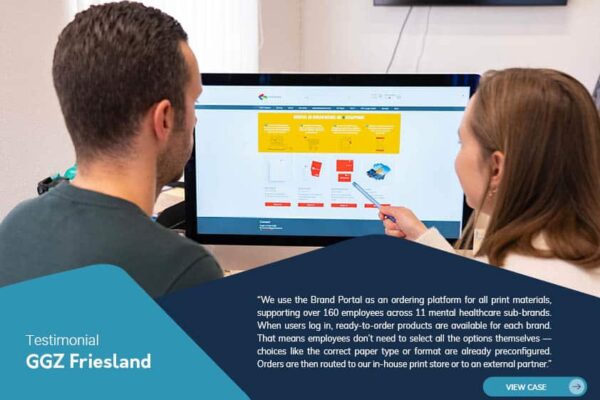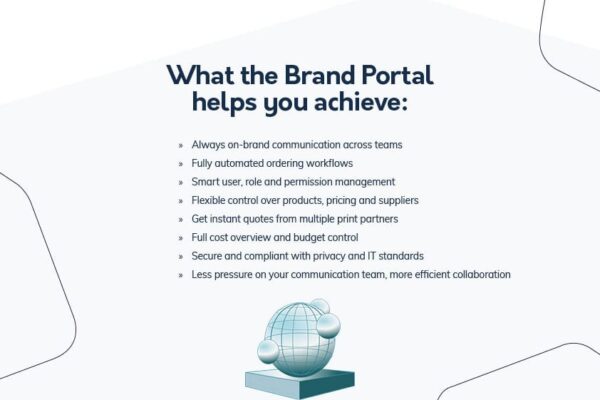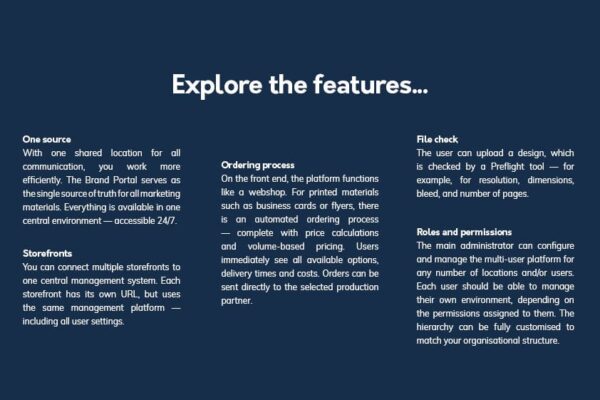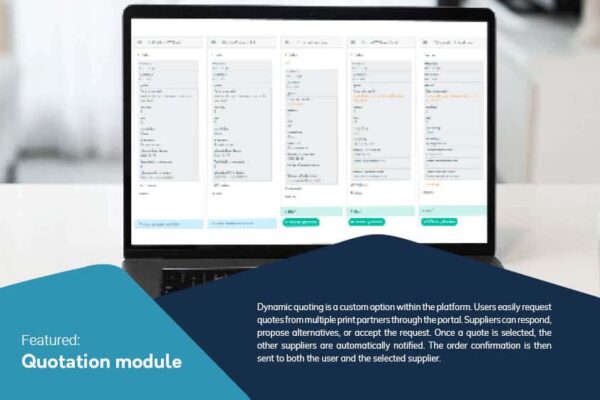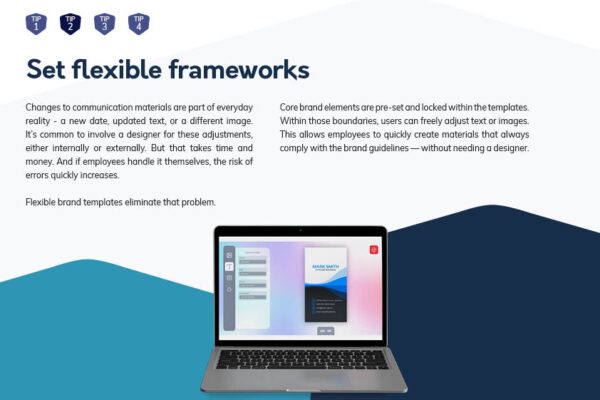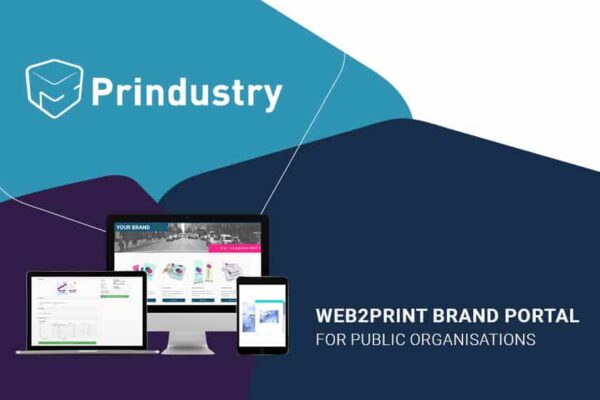
Whitepaper Web2Print Brand Portal for Public Organisations
This practical eBook explains how to manage, edit and order (print) communication using a Web2Print Brand Portal. It includes four hands-on tips that form the foundation of a strong and streamlined communication process.
DOWNLOAD THE WHITEPAPERContent whitepaper:
- One platform for all communication
- 4 tips to optimise your communication process
- All-in-one solution
- What the Brand Portal helps you achieve
- How does it work?
- Explore the features…
- Featured: Quotation module
- Featured: User management
- Testimonial: Municipality of The Hague
- Testimonial: City of Antwerp
- Testimonial: GGZ Friesland
- Curious about the software?
- Prindustry loves to connect!
Download the whitepaper
Find out if the Web2Print Brand Portal is the right fit for your public organisation.
Fill in your details and receive the whitepaper in your inbox.
Would you like a demo about the Brand Portal? You can easily request that over here!
"*" indicates required fields
Sneak peek of the whitepaper
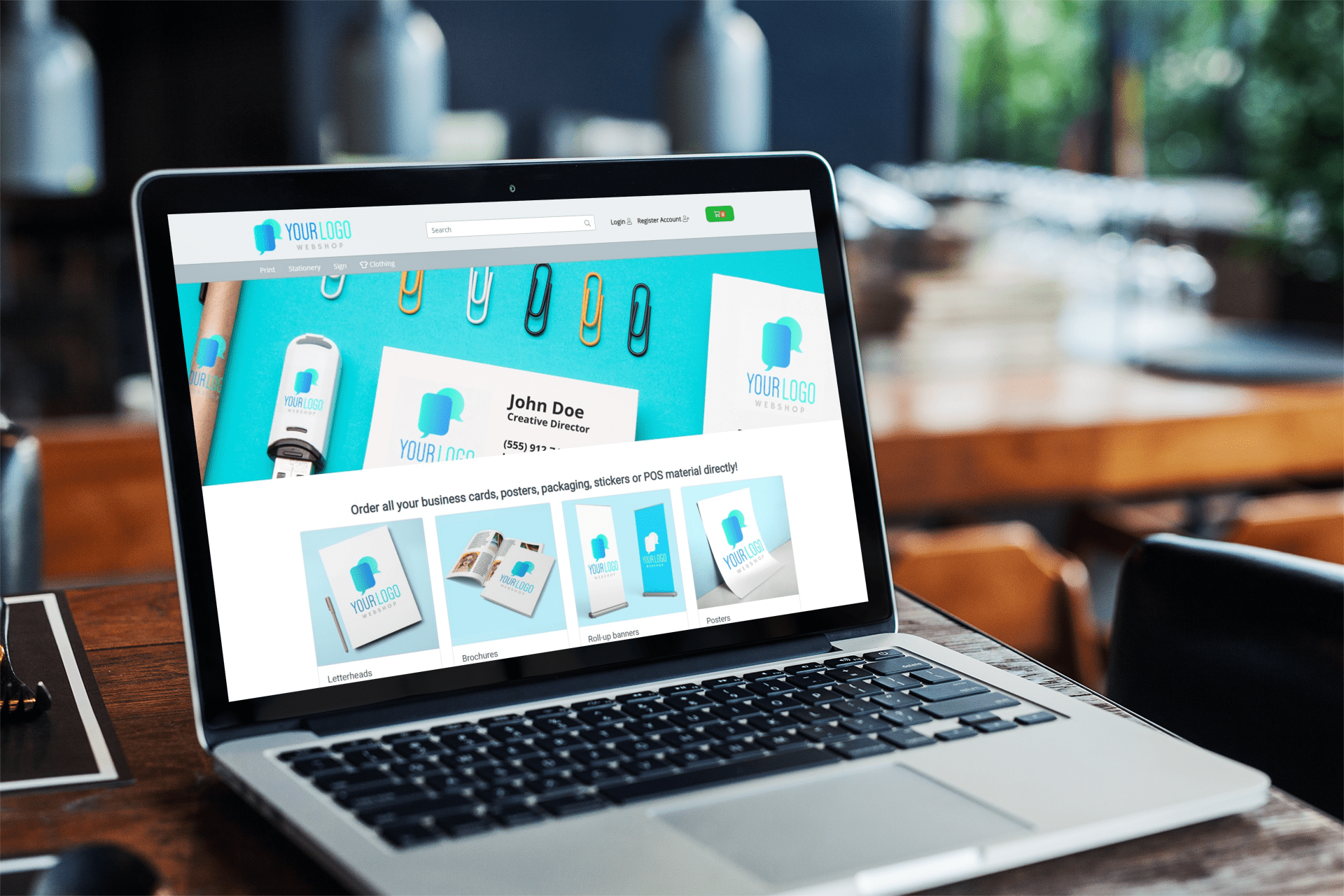
One platform for all communication
Public organisations produce a wide range of communication materials – from brochures and posters to forms and signage for events. This process only truly works when managing, editing and ordering these materials is fully aligned.
Today, that requires a smart IT solution. With an automated platform, you can manage the entire communication workflow from one central place. Employees log in to the portal to edit materials, place orders or request quotes – all within the same environment.
In this whitepaper, you’ll learn how to organise that process using a Web2Print portal. We’ll begin with four practical tips that form the foundation of a strong communication process.
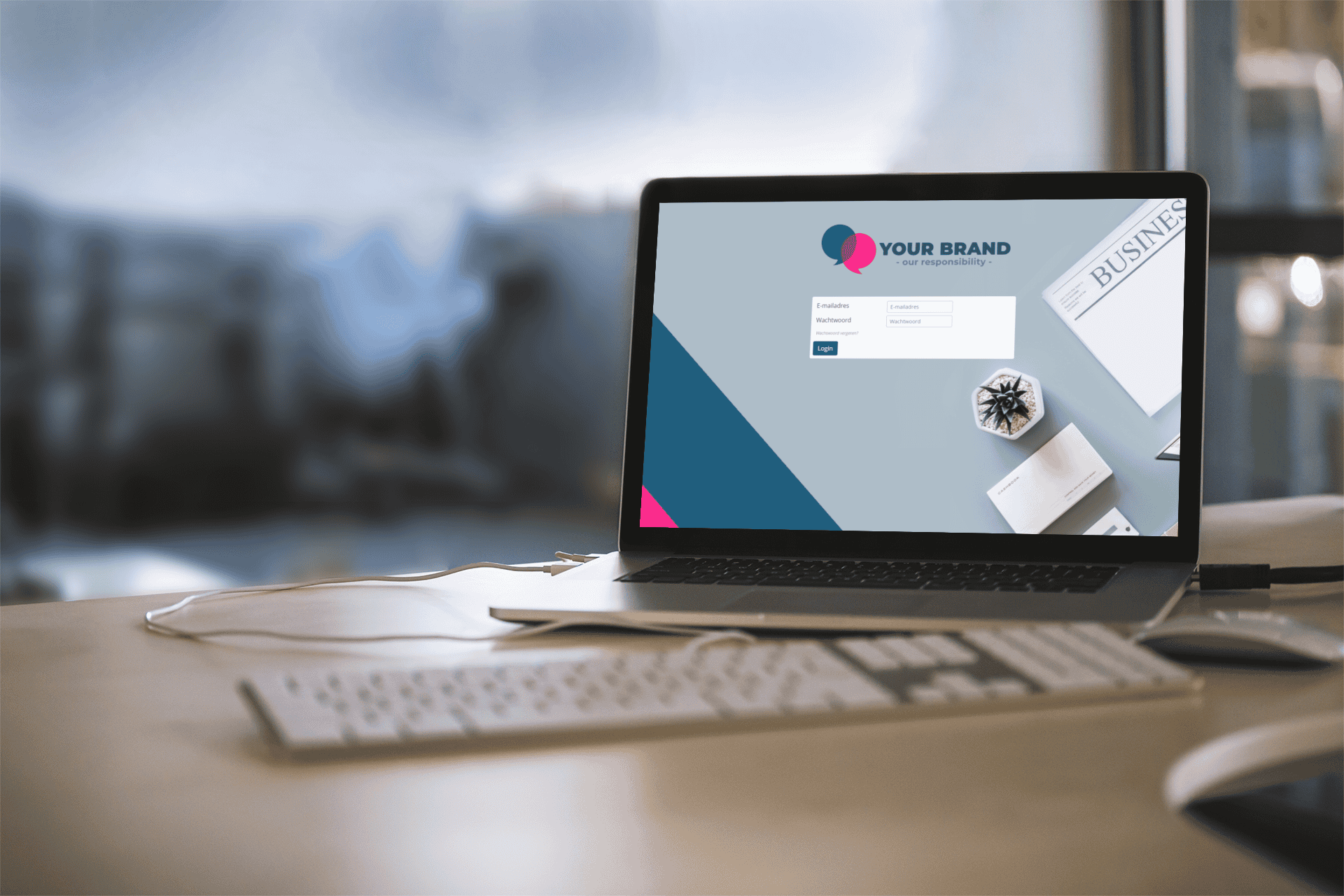
Tip 1: Centralise the process
Often, multiple versions of communication files circulate within the organisation. They’re stored in different locations and used by various employees. As a result, it’s easy to lose track: Who made which changes? Who placed which orders? And is the material still in line with the brand guidelines?
A central source allows you to manage all communication from one platform. This gives you full control over every piece of content. That doesn’t mean one person is responsible for everything – you can assign different roles and permissions to users. Each user gets a personal account with the appropriate settings, while the main administrator manages all configurations, including order flows and budget controls.


